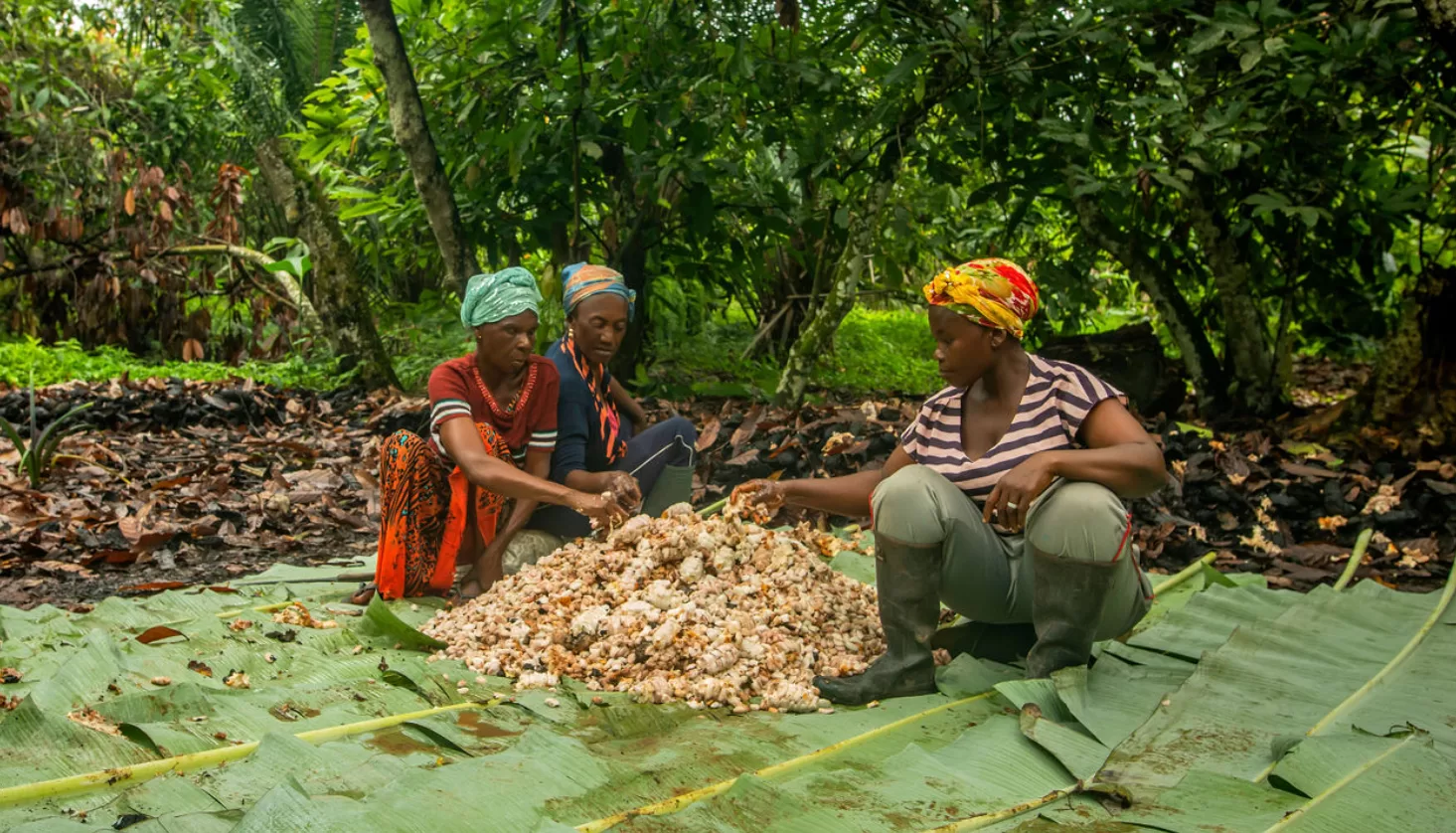National
MTTD to prosecute road traffic offenders

National
The Mobile Network Operators are still relying on cables that weren’t impacted by the disruption – NCA
National
We’re working to make Ghana ICT hub of West Africa
Agriculture
COCOBOD must support young Ghanaians pursuing cocoa farming – SEND Ghana
-

 Politics1 week ago
Politics1 week agoThe Branch base campaign at Mpintsin
-

 Sports6 hours ago
Sports6 hours agoTariq Lamptey featured in Brighton’s defeat to Chelsea.
-

 Health6 hours ago
Health6 hours ago10 Places You Should Not Keep Your Phone If You Want to Live Longer According To Health Experts
-

 News Papers Front Page6 hours ago
News Papers Front Page6 hours agoToday’s front pages: Thursday, May 16, 2024
-

 Politics6 hours ago
Politics6 hours agoWe’ll probe opaque gold-for-oil deal if we win 2024 polls
-

 Politics6 hours ago
Politics6 hours agoHenry Quartey – ‘NPP will peacefully hand over and walk away when defeated’
-

 Entertainment5 hours ago
Entertainment5 hours agoSarkodie signs deal to make fans shareholders of his yet-to-be-released mixtape
-

 Politics6 hours ago
Politics6 hours agoAkufo-Addo government spending money as if there’s no tomorrow – Minority Leader











